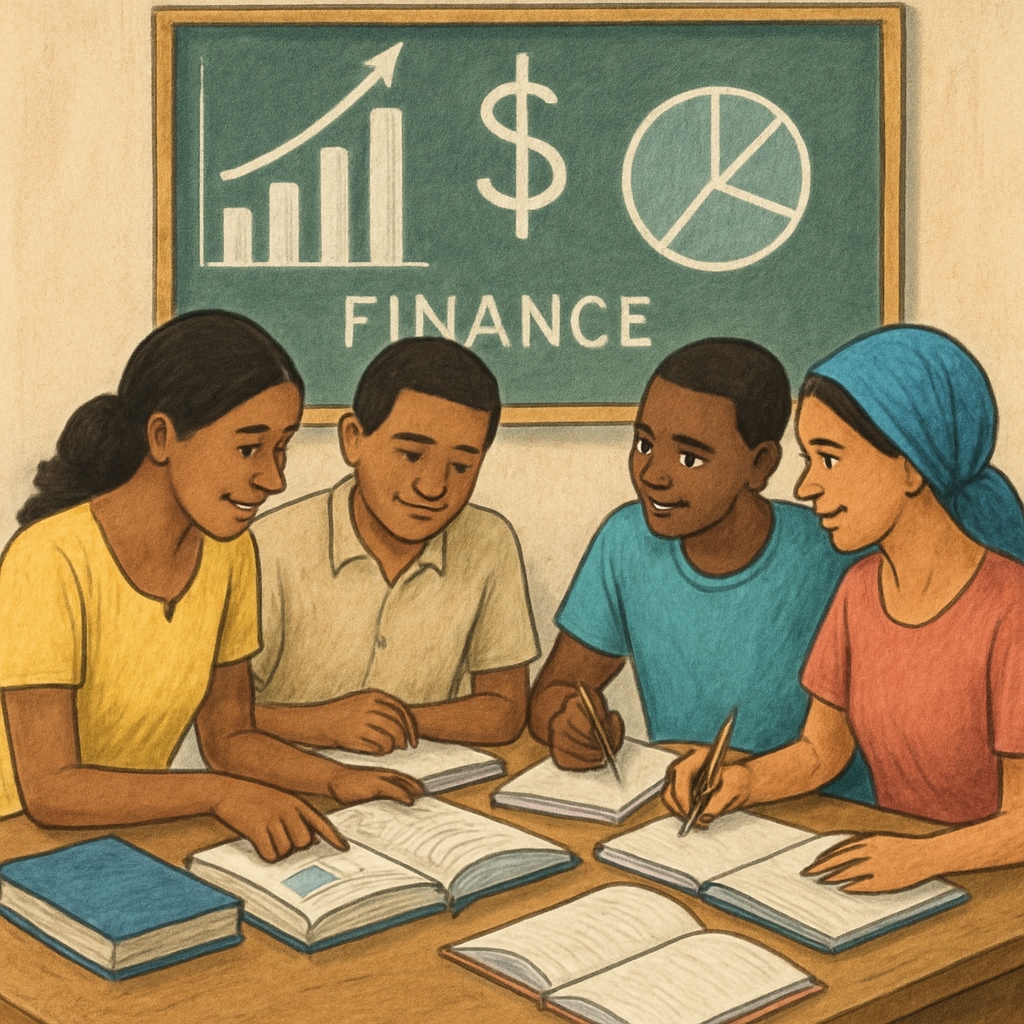For finance students in developing nations, career planning, finance education, and international development opportunities often present a complex web of challenges and decisions. Limited educational resources, saturated local employment markets, and a lack of global exposure can make career growth seem daunting. However, with strategic planning and a willingness to explore unconventional paths, these obstacles can transform into opportunities for growth and innovation.
The Landscape of Finance Education in Developing Nations
Finance education in many developing nations, such as Mali or Nepal, often lacks the infrastructure and resources available in more developed economies. Universities may struggle to provide updated curricula, access to financial databases, or exposure to cutting-edge financial technologies. As a result, students may graduate with theoretical knowledge but without the practical skills that employers in a globalized market demand.

For example, while students in developed countries might gain hands-on experience with financial modeling software or internships at multinational firms, their counterparts in developing nations often rely on textbook knowledge alone. This gap in practical exposure can lead to a mismatch between graduate skills and job market needs, further complicating the career planning process.
Challenges in Career Planning and Employment Opportunities
Graduates in finance from developing nations frequently face saturated job markets. Local economies may only support a limited number of financial institutions, and the demand for specialized roles may be low. Additionally, the preference for candidates with international qualifications can further limit opportunities for locally educated graduates.
Moreover, the lack of structured career counseling and mentoring in these regions leaves many students without clear pathways for professional growth. Unlike in developed nations, where career services are integrated into education systems, students in developing nations often navigate their career journeys independently.
Global Opportunities: Bridging the Gap
Despite these challenges, several global opportunities can help finance students in developing nations overcome local limitations:
- International Education: Scholarships and exchange programs allow students to pursue higher education in countries with advanced finance sectors. For instance, programs such as the Chevening Scholarships or Erasmus Mundus provide access to world-class education and networking opportunities.
- Remote Work: The rise of remote job opportunities in the finance sector enables students to work for global companies without relocating. Platforms like Upwork and LinkedIn are excellent resources to explore freelance or full-time remote roles.
- Local Entrepreneurship: Establishing financial consultancy firms or fintech startups tailored to local needs can be a rewarding alternative. Entrepreneurs can address gaps in local markets, such as providing microfinance solutions or digital payment platforms.

Strategies for Success
To maximize their career potential, finance students in developing countries should adopt proactive strategies:
- Leverage Online Learning: Platforms like Coursera, edX, and Khan Academy offer free or affordable courses in finance and related fields. These resources ensure students stay updated on global trends and tools.
- Network Actively: Joining professional organizations such as the CFA Institute or attending industry webinars can provide valuable connections and insights.
- Focus on Niche Skills: Specializing in areas like sustainable finance, blockchain, or Islamic banking can open unique job opportunities.
Additionally, collaboration with peers and mentors can be invaluable. Forming study groups, attending career fairs, and participating in case competitions are practical ways to enhance both knowledge and visibility. For example, the CFA Institute offers global challenges where students can showcase their skills and gain recognition.
Conclusion: Turning Challenges into Opportunities
While career planning, finance education, and international development pose significant challenges for students in developing nations, these obstacles are not insurmountable. By embracing global opportunities, leveraging technology, and pursuing innovative career paths, finance students can break through local limitations and build successful, impactful careers.
In the words of Nelson Mandela, “Education is the most powerful weapon which you can use to change the world.” For finance students in developing nations, this weapon, combined with determination and adaptability, can unlock a world of possibilities.
Readability guidance: This article balances professional tone with practical advice. Lists and short paragraphs enhance readability, while external references ensure credibility.


